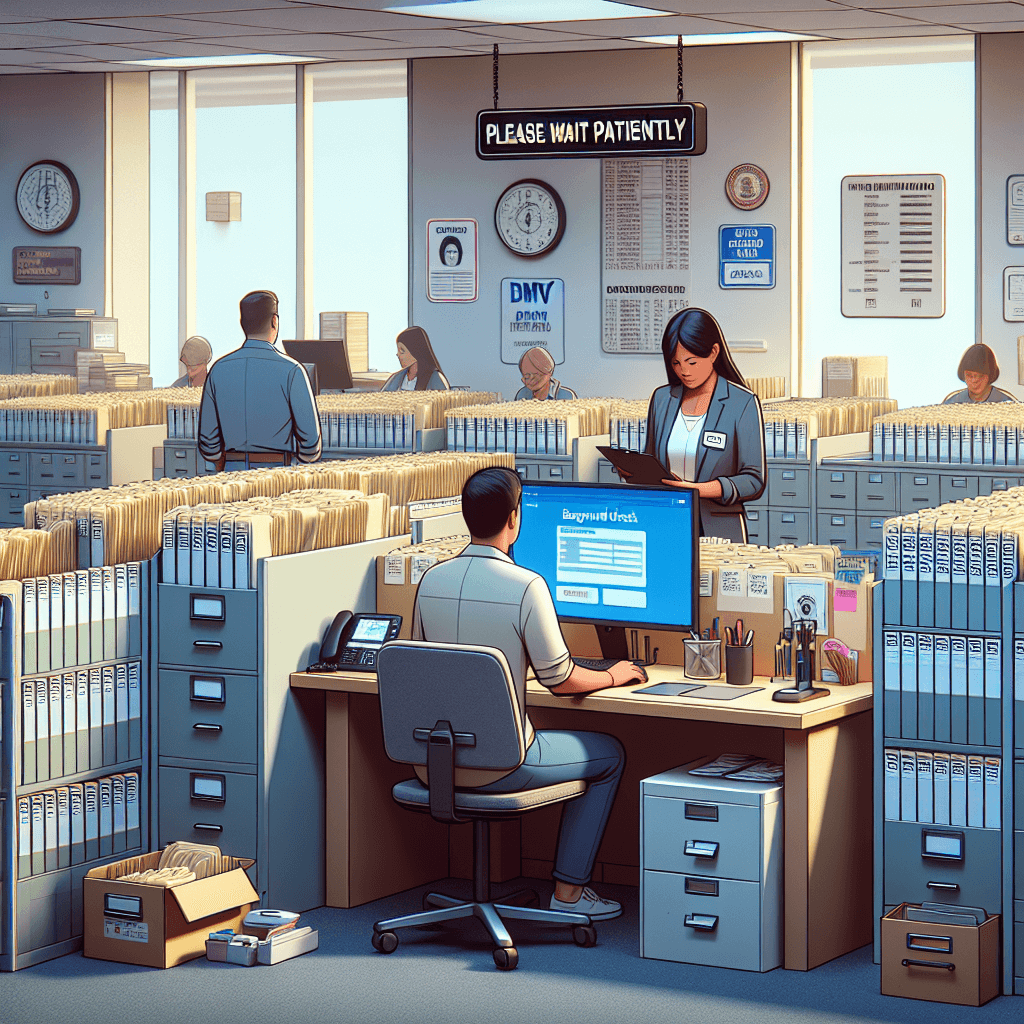How Long Does a Background Check Take?
When you’re hiring, every day matters—and so does every detail. Background checks are a critical part of the hiring process, helping you make informed decisions and maintain a safe, trustworthy work environment. But how long do background checks really take?
The answer depends on several factors: the type of background check being conducted, where the data is coming from, and what regulations must be followed. Some checks are completed in minutes; others take days or even weeks, especially if records are not digitized or require manual verification.
Let’s break it down by check type and explore common causes of delays so you can better anticipate the timeline.
Employment Background Checks: Typically Minutes to 5 Business Days
Employment background checks vary depending on the depth of the screening. Basic checks can be processed in a few minutes, but if the screening includes contacting past employers, verifying professional licenses, or requesting records from educational institutions, it could stretch up to five business days or longer.
These checks often include:
-
Criminal history
-
Employment verification
-
Education history
-
Driving records
-
Drug screening
Ongoing background checks may also be part of your company’s compliance or safety protocols, particularly in regulated industries.
Criminal Background Checks: 1 to Several Days
A federal criminal background check—searching offenses in the 94 U.S. federal judicial districts—can usually be completed within one business day. However, most employers also include state and county-level searches to get a fuller picture of a candidate’s history, which can add several days to the process, especially if those records are not digitized.
MVR (Driving Record) Checks: Often Completed Within Minutes
Motor Vehicle Record (MVR) checks are generally fast, with most digital records accessible within minutes. However, some states require formal or even mail-in requests if they don’t maintain online databases. If a certified copy of the record is needed, the turnaround time could extend to several weeks.
Employment Verification: Minutes to a Few Days
Employment history is typically verified using databases like The Work Number. If a candidate’s employer participates, verification is nearly instant. If not, contacting past employers directly becomes necessary, which can slow things down depending on how quickly those organizations respond.
Education Verification: Minutes to Several Days
Like employment verification, education checks are fast when data exists in systems such as the National Student Clearinghouse. If not, the request may need to be sent to individual institutions, and response times vary depending on school staffing and request volumes.
State Background Checks: 1 to 2 Business Days
State-level checks are generally quick, especially in states with searchable online databases. Manual searches or complex cases, however, can increase the turnaround time to several days.
What Causes Background Check Delays?
Even with today’s technology, delays still happen. Here are the most common reasons:
1. Incomplete or Incorrect Candidate Information
Misspelled names, wrong dates, or missing personal details can result in longer verification times. Double-checking application info before submitting a background check request can save you time.
2. Limited or Non-Digital Records
Some courts or agencies haven’t fully digitized their systems, requiring manual checks by clerks or court runners. This can take anywhere from a few days to a month.
3. International History
If a candidate has lived, worked, or studied outside the U.S., international verifications may take longer due to privacy laws and time zone differences. These checks can take 4–5 business days—or longer, depending on the country.
4. Aliases and Name Variations
If you only search under a candidate’s legal name and skip aliases or nicknames, you risk missing relevant records or causing delays. Comprehensive background checks should include known name variations.
5. Response Delays from Third Parties
Slow responses from schools, previous employers, or government agencies—especially during holidays or busy periods—can impact your timeline.
Tips for a Smoother, Faster Background Check Process
To help streamline your background checks:
-
Collect complete and accurate information from candidates.
-
Get timely consent for background screening.
-
Use a trusted provider that can access both digital and manual records.
-
Set clear expectations with candidates about timelines and follow-up steps.
Final Thoughts
While many background checks can be completed quickly, delays are sometimes unavoidable. Understanding the process—and planning accordingly—helps you stay efficient and compliant during the hiring process. By choosing the right screening partner and proactively addressing common obstacles, you’ll keep things moving and avoid surprises.

